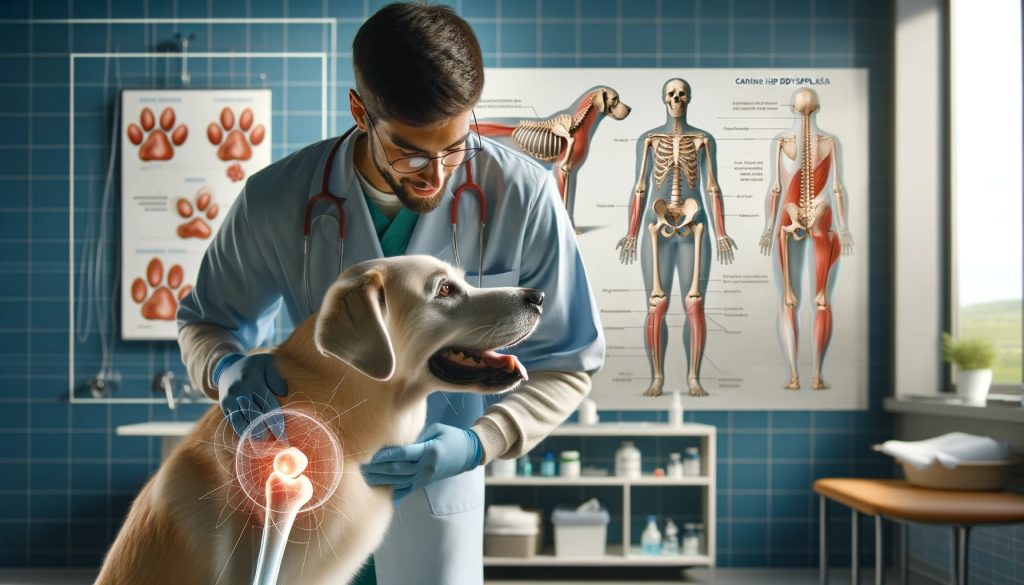What do these three things have to do with each other?
1. The Vital Role of Collagen in Canine Health Collagen, a crucial protein that provides elasticity and strength to skin and joints, plays an integral role in maintaining the health of dogs and humans alike. This protein, which constitutes a significant portion of muscles, tendons, and ligaments, diminishes in quantity and quality with age, leading to various health issues.
2. The Degradation of Collagen and Its Impact on Joint Stability As dogs age, the natural breakdown of collagen leads to a decrease in joint stability. This degradation is not limited to skin but extends to the body’s internal structures, potentially resulting in joint disorders like arthritis, tendonitis, and other musculoskeletal diseases.
3. Genetic Predisposition and Collagen Disorders Certain genetic predispositions towards collagen disorders are evident in both humans and canines. These conditions, ranging from Ehlers-Danlos Syndrome to Marfan Syndrome, illustrate the hereditary nature of these ailments. Interestingly, dietary factors such as gluten intolerance also seem to have a hereditary component.
4. Canine Joint Diseases: An Increasing Concern Many dog breeds, especially larger ones, are increasingly affected by joint diseases like hip and elbow dysplasia, leading to costly treatments. These conditions often manifest early in a dog’s life, raising questions about their root causes.
5. The Debate Over Genetics and Joint Diseases The traditional belief that poor genetics is the sole cause of joint diseases in dogs is now being challenged. Despite breeders’ efforts to screen for these conditions, the prevalence of such diseases remains unchanged.
6. The Complexity of Canine Hip Dysplasia First identified in 1935, hip dysplasia’s persistence despite selective breeding practices suggests a multifactorial origin, encompassing genetics, environment, and lifestyle.
7. The Role of Vaccines in Canine Joint Health A notable study by the Canine Health Concern in 1997 linked vaccinations to mobility issues in dogs. The introduction of the distemper vaccine in the 1950s coincided with an increased focus on hip dysplasia in breeding practices, hinting at a potential connection.
8. Vaccinations and Autoimmune Reactions Research indicates a possible link between vaccinations and autoimmune responses in dogs, including the development of autoantibodies against their own collagen, as highlighted in the Purdue Study of 1999.
9. Collagen’s Crucial Function in Joint Integrity Collagen’s role extends beyond simple elasticity; it is fundamental to the structural integrity of joints, protecting against tears and degenerative changes.
10. Research Insights: Collagen and Joint Disorders Multiple studies, including those conducted at Duke University and the Royal Veterinary and Agricultural University in Denmark, have shed light on the relationship between collagen composition and joint disorders in dogs.
11. Environmental and Nutritional Factors in Joint Health The cumulative impact of environmental toxins, diet, and repeated vaccinations suggests a complex interaction of factors leading to joint disorders in dogs.
This article, derived from various online sources, aims to provide a comprehensive understanding of the intricate relationship between collagen, joint health, and vaccinations in dogs, emphasizing the multifaceted nature of these issues.





